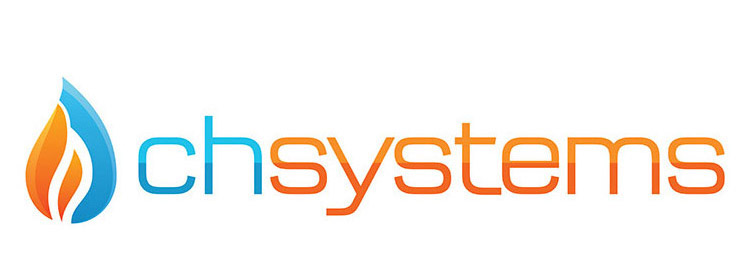Why Hydrogen Boilers will be the next big thing for eco-friendly industry
We’re living through a pandemic and are about to exit the EU – pretty dramatic – but there is still that pesky ‘world dying because of climate change’ thing looming in the periphery.
This month (thank goodness!) the Government announced a Ten Point Plan for a Green Industrial Revolution (and the associated creation of 250,000 jobs). It’s an ambitious plan (that can be viewed on Gov.uk) but what will be of certain interest to business owners is what looks to be a massive investment in hydrogen as an alternative to gas.
Working with industry, the Government aims to generate 5GW of low carbon hydrogen production capacity by 2030 for industry, transport, power and homes, as well as the first town heated entirely by hydrogen by the end of the decade. Hydrogen is kinder to the environment, which is why the Government is trialling it as a heating fuel, and if all goes according to plan, it is very likely that your business will be asked (or required) to ‘go hydrogen’ in the not too distant future.
When our boilers burn fossil fuels carbon is released into the atmosphere which is damaging to the planet. When hydrogen is burned, it produces only water and heat with no carbon. Even if one was to use a combination of natural gas and hydrogen, carbon emissions would be significantly reduced. Not only that: hydrogen could be delivered to properties through the existing gas network, and hydrogen boilers would be installed in the same way as a gas boiler and look very similar too. They would be connected to the gas network, with fuel being delivered to the unit as and when heating and hot water is needed.
There are, however, some challenges to hydrogen as a solution to carbon emission – it is expensive to produce in large quantities and the production of hydrogen can produce carbon if not captured. Which is why, in the UK, we’re still in the testing phase. It is not yet possible to buy or install a hydrogen-ready boiler. However, manufacturers such as Baxi and Worcester Bosch have developed working prototypes – and if you’re interested, you can read more about the H21 Project (that is currently demonstrating how existing natural gas networks can be repurposed to safely carry 100% hydrogen) HERE.
In the meantime, if you need to replace your boiler, a modern condensing gas boiler will be able to be powered with the proposed 20% hydrogen supply and as and when a 100% hydrogen supply is ready in the future your boiler will be able to be modified.
If you’d like to know more about how hydrogen boilers work, check out Boilerguide.co.uk or feel free to contact the CH Systems team on 0208 302 8149 or info@chsystems.cc for all your energy related questions.


